You probably don't think about the tires on your trailer often, but neglecting the condition of your trailer tires can lead to hazardous situations and unexpected breakdowns. To help you identify when it's time for a tire replacement, here are some crucial signs to watch out for.
1. Worn Tread
Tire tread plays a vital role in maintaining traction and grip on the road. As you use your trailer, the tread gradually wears down, reducing its effectiveness in adverse weather conditions. Uneven tread wear may also indicate improper tire inflation, which should be addressed promptly to prevent further damage to the tires. If the tires are already worn significantly when you check, it's best to replace them.
2. Dry Rot
Trailers that are parked for extended periods or exposed to harsh environmental conditions may have tires that have been affected by dry rot. This occurs when the rubber in the tire deteriorates over time, becoming brittle and prone to cracking. You can identify dry rot by inspecting the tire sidewalls and tread for small cracks.
3. Damage
A damaged tire poses a significant safety risk, as it compromises the tire's ability to maintain pressure and carry the load safely. Inspect your trailer tires regularly for any visible punctures, cuts, or cracks. Punctures are easy to miss if you don't check your tires regularly. According to Landmark Tools, trailer axles can carry between 1,000 and 10,000 pounds. If you use your trailer to carry loads that heavy, it's best to replace the tire.
4. Valve Stems
This crucial component of the trailer tire is responsible for maintaining proper tire pressure. A damaged or faulty valve stem can lead to air leakage. If you've already replaced the valve stem cap or the entire valve stem and it's still leaking air, it's time to order a new tire from your local trailer parts company.
5. Age
Trailer tires, like all tires, have a limited lifespan, even if they haven't experienced significant wear or damage. Over time, the rubber deteriorates, leading to reduced performance and an increased risk of tire failure. Check the manufacturing date on the tire sidewall. If your tires are approaching or exceeding the recommended age, it's best to replace them to ensure optimal safety during your travels.
Regularly inspecting your
trailer tires is essential. By keeping an eye out for worn tread, dry rot, damage, and valve stem issues, you can identify when it's time to replace your tires. Are you in need of new tires for your trailer? Call Richfield Trailer Supply today!

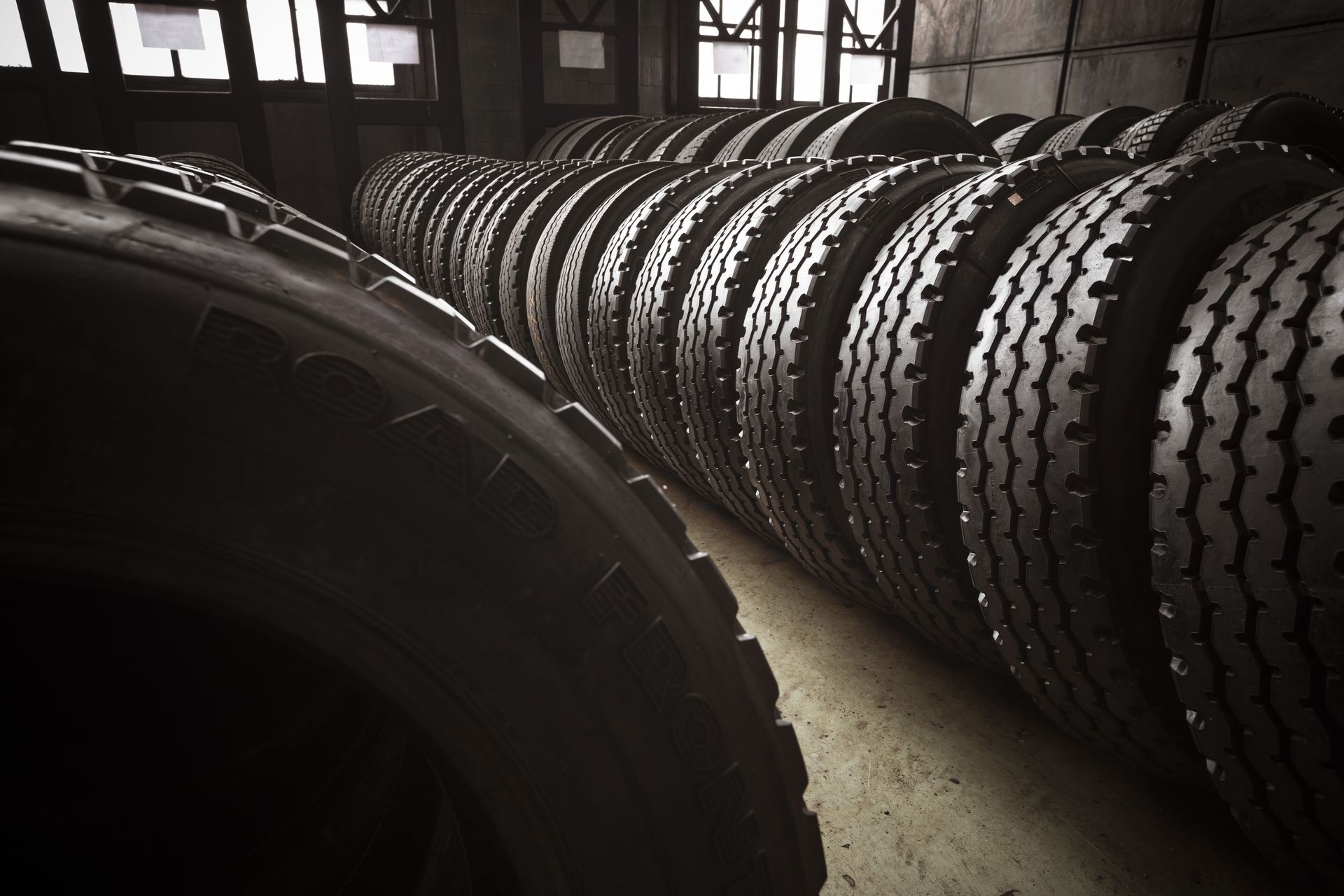
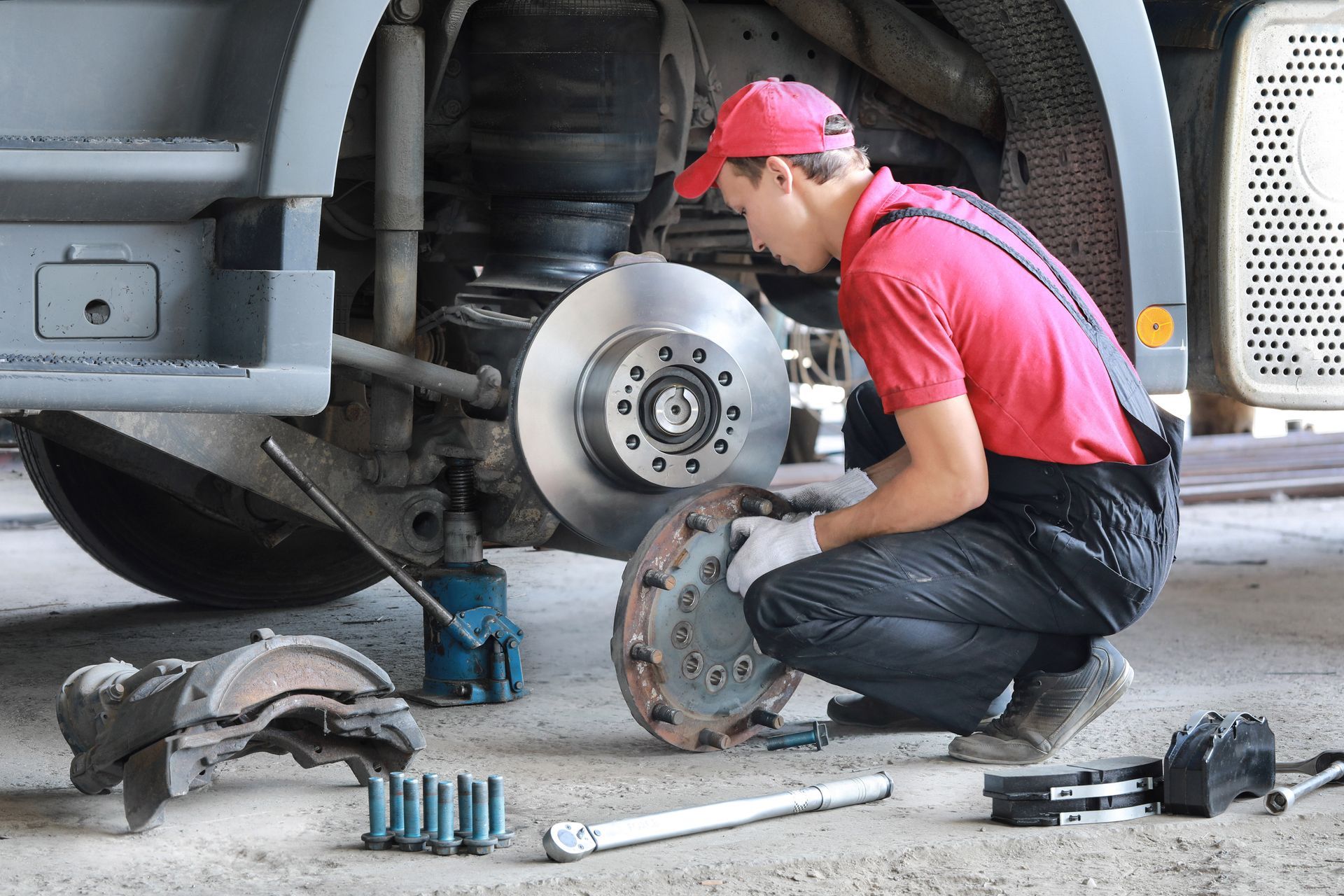
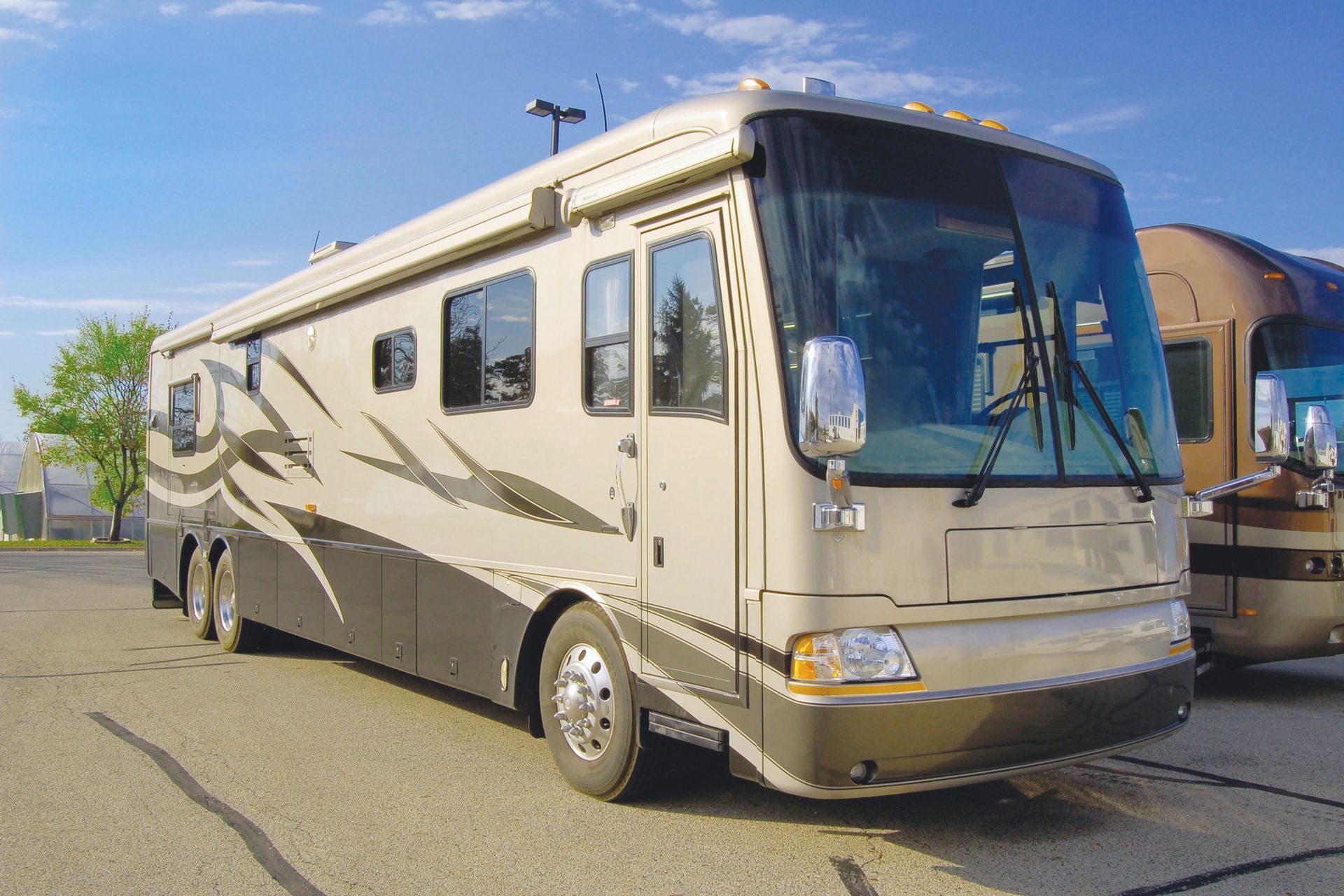
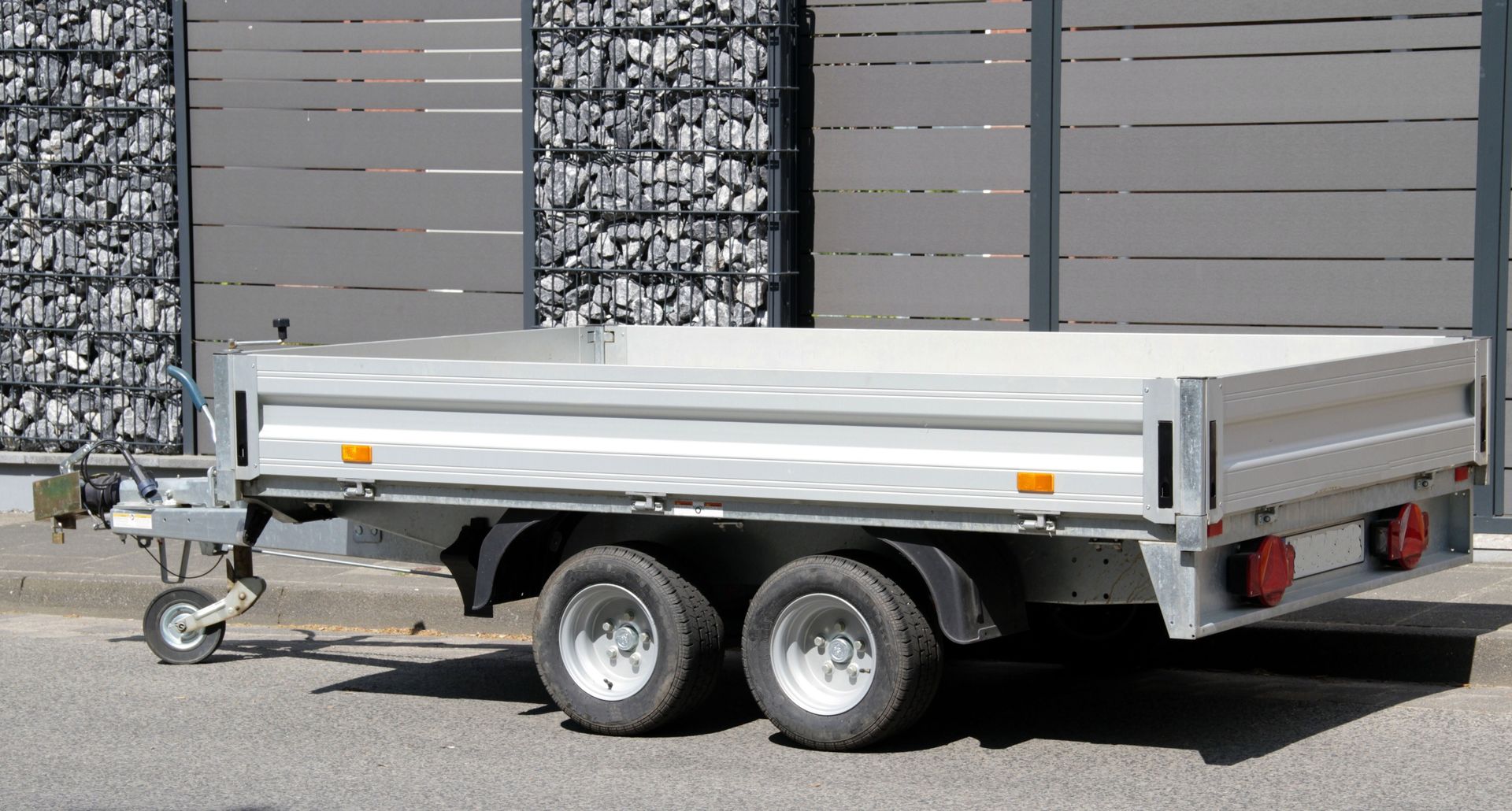

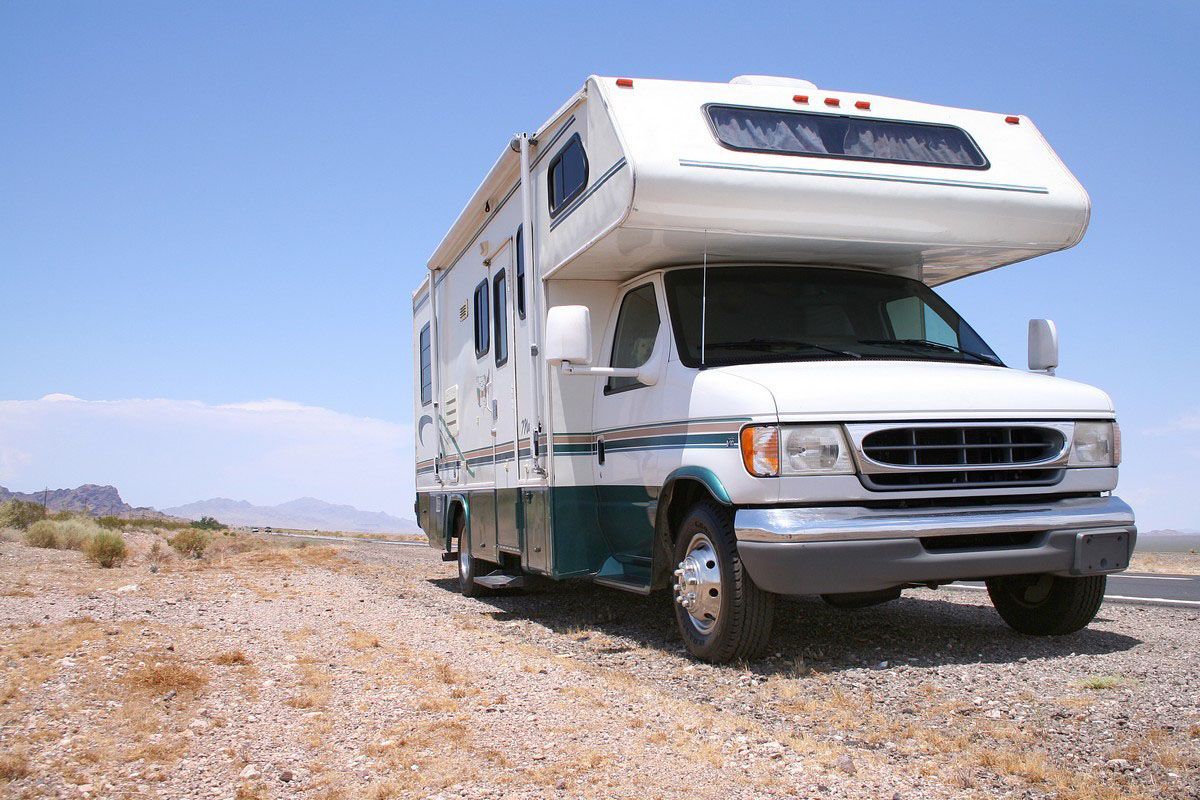
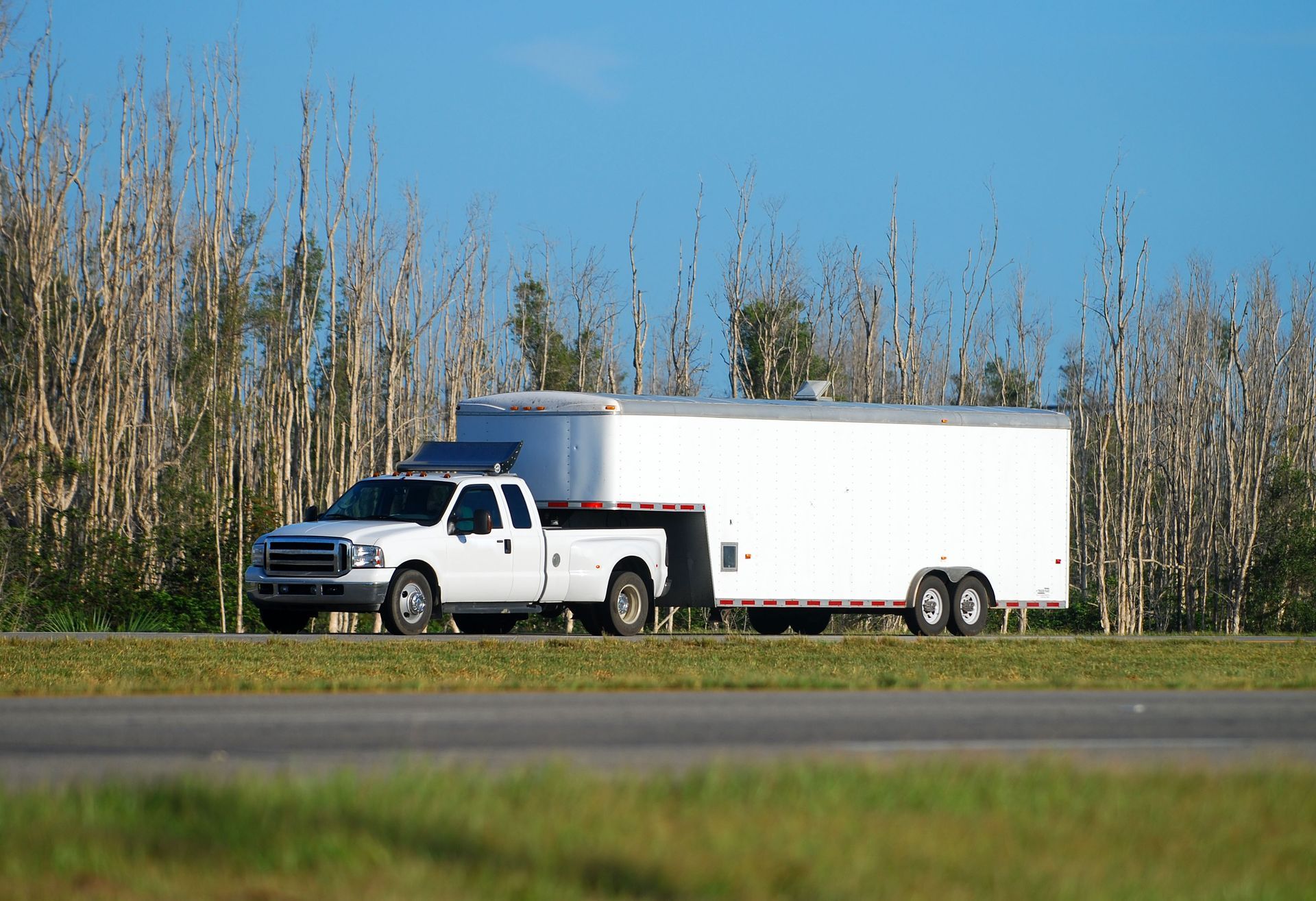

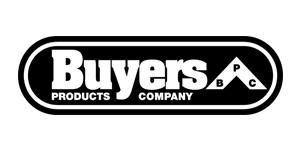
































Share On: